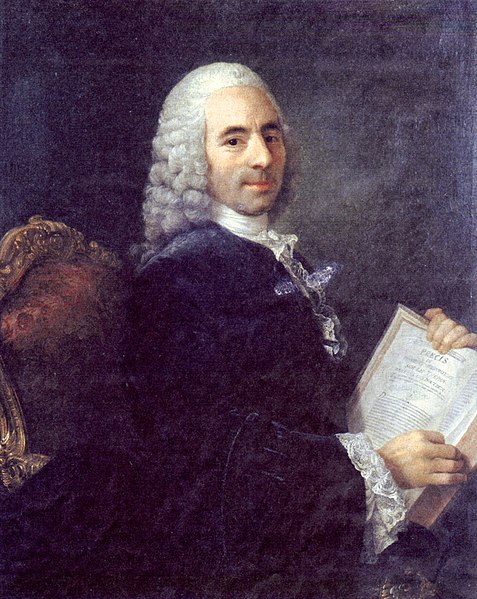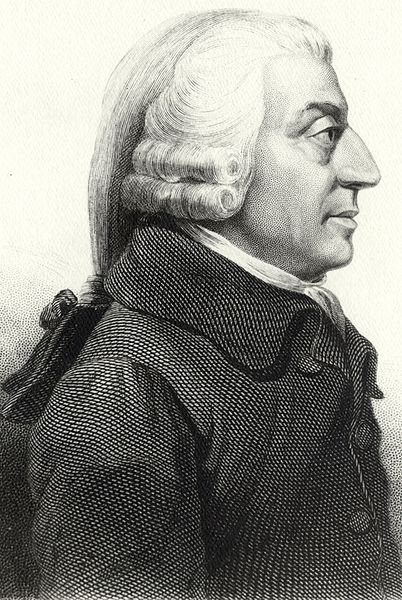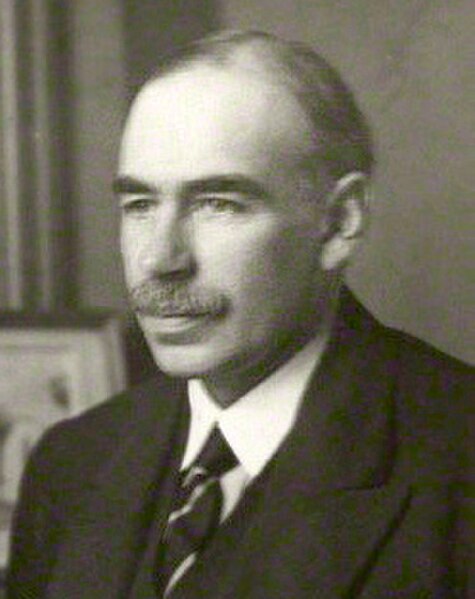Physiocracy is an economic theory developed by a group of 18th-century Age of Enlightenment French economists who believed that the wealth of nations derived solely from the value of "land agriculture" or "land development" and that agricultural products should be highly priced. Their theories originated in France and were most popular during the second half of the 18th century. Physiocracy became one of the first well-developed theories of economics.
François Quesnay, a physician who is considered the founding father of physiocracy, published the "Tableau économique" (Economic Table) in 1758
Pierre Samuel du Pont de Nemours, a prominent physiocrat. In his book La Physiocratie, du Pont advocated low tariffs and free trade.
Economics is a social science that studies the production, distribution, and consumption of goods and services.
A 1638 painting of a French seaport during the heyday of mercantilism
The publication of Adam Smith's The Wealth of Nations in 1776 is considered to be the first formalisation of economic thought.
The Marxist critique of political economy comes from the work of German philosopher Karl Marx.
John Maynard Keynes was a key theorist in economics.






